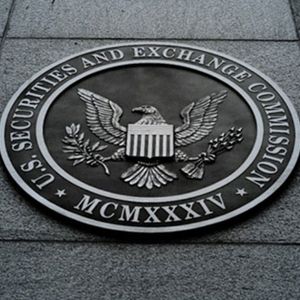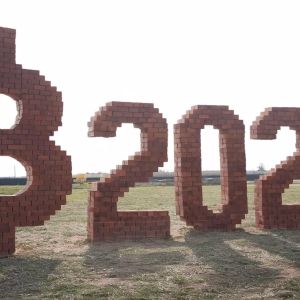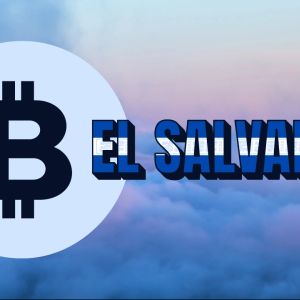The repeal of the SEC’s controversial Staff Accounting Bulletin (SAB) 121 has been welcomed by the U.S. crypto and banking industries, removing a major regulatory hurdle that previously made it difficult for traditional banks to offer crypto custody services. Industry leaders and financial experts see SAB 121 as an attempt by SEC Chairman Gary Gensler to keep traditional banks out of the crypto business as part of the Biden Administration’s broader regulatory crackdown on digital assets, crypto journalist Eleanor Terrett reported. However, opposition to the rule has not been limited to crypto firms. Traditional accountants have also objected to SAB 121, arguing that it creates a new and unprecedented accounting standard for digital assets that bypasses the usual rulemaking process. Terrett spoke privately with Jim Kroeker, former vice chairman of the Financial Accounting Standards Board (FASB) and former chief accountant of the SEC (2009-2012), who has been a fierce critic of SAB 121. “SEC staff have attempted in the past to say that SAB 121 is consistent with existing GAAP standards, and that is simply not true,” Kroeker said. “This creates a new and unique accounting model for crypto custody arrangements without going through the process required to establish GAAP.” Related News: Analytics Company Put Forwarded New Argument: “Whales May Be Preparing For Entry In This Altcoin” GAAP (Generally Accepted Accounting Principles) are standard accounting rules that all U.S. public companies must follow, ensuring transparency in financial reporting. According to Kroeker, staff accounting bulletins like SAB 121 are supposed to align with existing FASB standards rather than create new frameworks. “This was a punitive accounting on the part of the SEC team,” Kroeker added. “The guidance could be viewed by skeptics as the agency trying to use accounting to discourage commercial activity in the crypto space, and that’s really disappointing.” An SEC spokesperson responded to a request for comment by saying: “This sensible change means companies will no longer be penalized for offering crypto custody services.” While the rollback of SAB 121 marks a significant regulatory shift, banking executives remain cautious. Many are now turning to their primary regulators, the Federal Reserve and the Office of the Comptroller of the Currency (OCC), to determine whether U.S. banks can enter the crypto custody and payments sector. *This is not investment advice. Continue Reading: Statement from the SEC Spokesperson Regarding the Removal of SAB121, a Positive Development for Cryptocurrencies – Things Have Really Changed After Trump




















